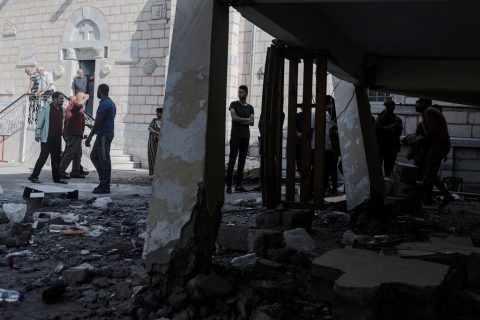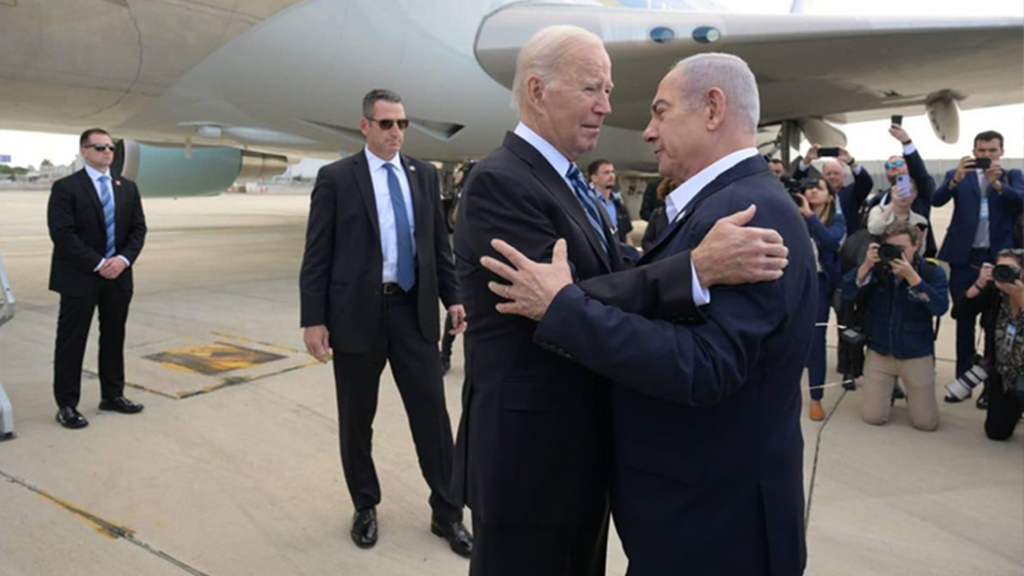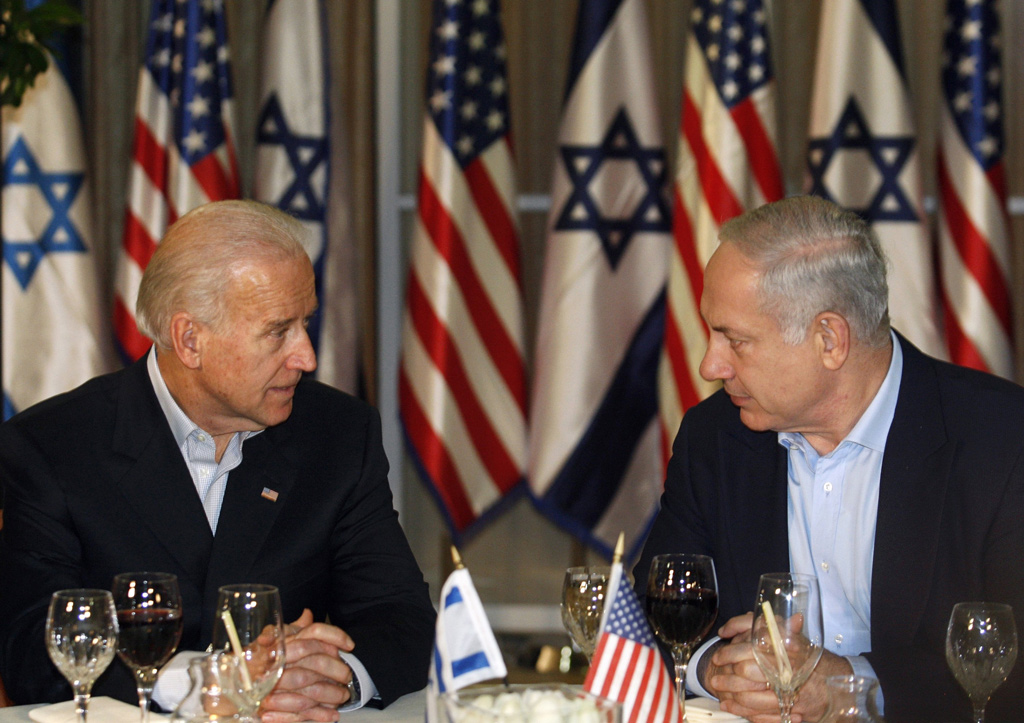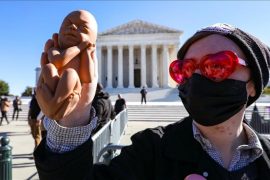Antisemitism
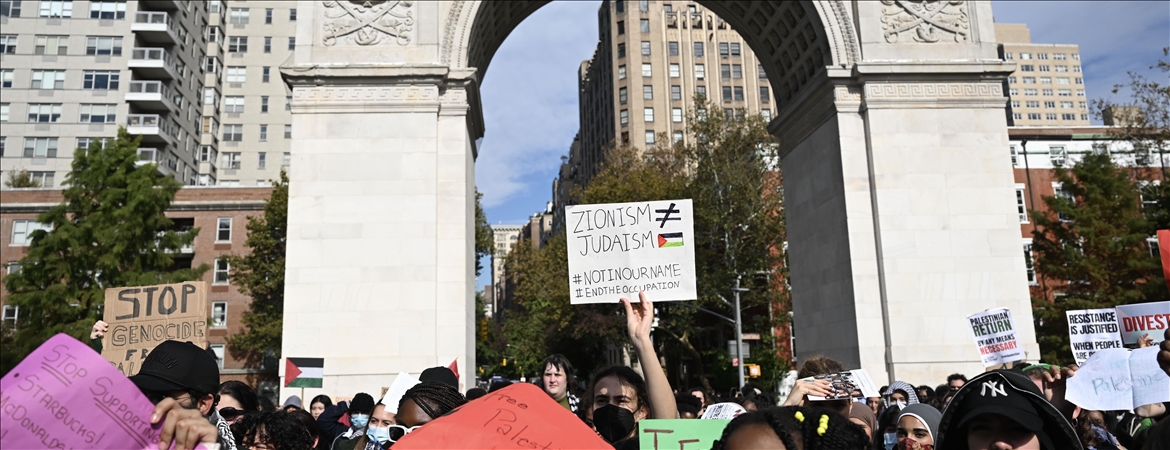
Freedom of speech and the antisemitism debate in American universities
| OpinionIn a recent congressional hearing at the House of Representatives, the presidents of three of …
-
Opinion
Gaza protests in the US and freedom of expression
By Kadir ÜstünProtest movements against Israel's operations in Gaza have sparked a reexamination of the limits of freedom of expression in the United States. Efforts by pro-Israel groups to equate criticism of Israel with anti-Semitism have become organized and systematic. The campaign, conducted through advertisements in media outlets and lobbying activities in Congress, aimed to convey the message that crowds taking to the streets to defend Palestinian civilians were contributing to the rise of anti-Semitism. However, censorship applied by some of the world's leading universities to groups supporting Palestine, the fear of being labeled as anti-Semitic, and threats to withdraw support from influential donors demonstrated how the boundaries of academic freedom could be defined. The experience of a prominent figure losing their job or being marginalized due to their pro-Palestinian stance also illustrates how organized political forces can effectively use the trauma of anti-Semitism as a weapon.
-
Opinion
Erdoğan’s warning against West’s ‘Crusader-Crescent’ rhetoric
By Burhanettin DuranNews outlets continue to cover President Recep Tayyip Erdoğan’s criticism of Israel and the West as his questioning of “hypocrisy” and “double standards” unsettles Israel’s most ardent supporters in politics and the media. That is because the Turkish leader’s remarks encapsulate the international community’s conscientious voice – which causes pro-Palestine protests to erupt across the West and the East.
-
Opinion
Who is responsible for theological drift: Netanyahu or West?
By Burhanettin DuranWhile the Israeli army continues its occupation of Gaza step by step, that country’s prime minister, Benjamin Netanyahu, attempts to justify the killing of Palestinians with reference to the Torah. In the immediate aftermath of Hamas’s Oct. 7 attack, Netanyahu embraced Jewish theology by bringing up the Prophecy of Isaiah regarding the “promised land.”
Bu Konuda Daha Fazla
-
The US and Israel on Gaza: Biden and Netanyahu...
By Rod SuchIn the wake of the October 7 Hamas attack on Israel and the ongoing Israeli retaliation, is there anything different in the U.S. government’s response this time around?
-
Muslims’ freedom under great threat in France
By Hacı Mehmet BoyrazBased on the facts discussed so far, it is obvious that Macron, who was defeated against the central parties in the regional elections held in June, will be more Islamophobic in order to maintain his popularity in society and to gain votes from his opponents.
-
Who will stop Israel?
By Ali AslanWhile unclear how long ceasefire will last, only real solution -however long-term it may be- seems to be rise of a regional state capable of counterbalancing US and Israel
-
Netanyahu creating political quagmires for Biden
By Burhanettin DuranNetanyahu’s act of provocation did not just start a new war in Gaza. It established that the Biden administration’s lip service to human rights did not apply to the question of Jerusalem.
-
Ankara, EU can work against Islamophobia: Turkey
By SETATurkey ready to support EU efforts to achieve equality for Muslims, other religious communities, says Turkish official


